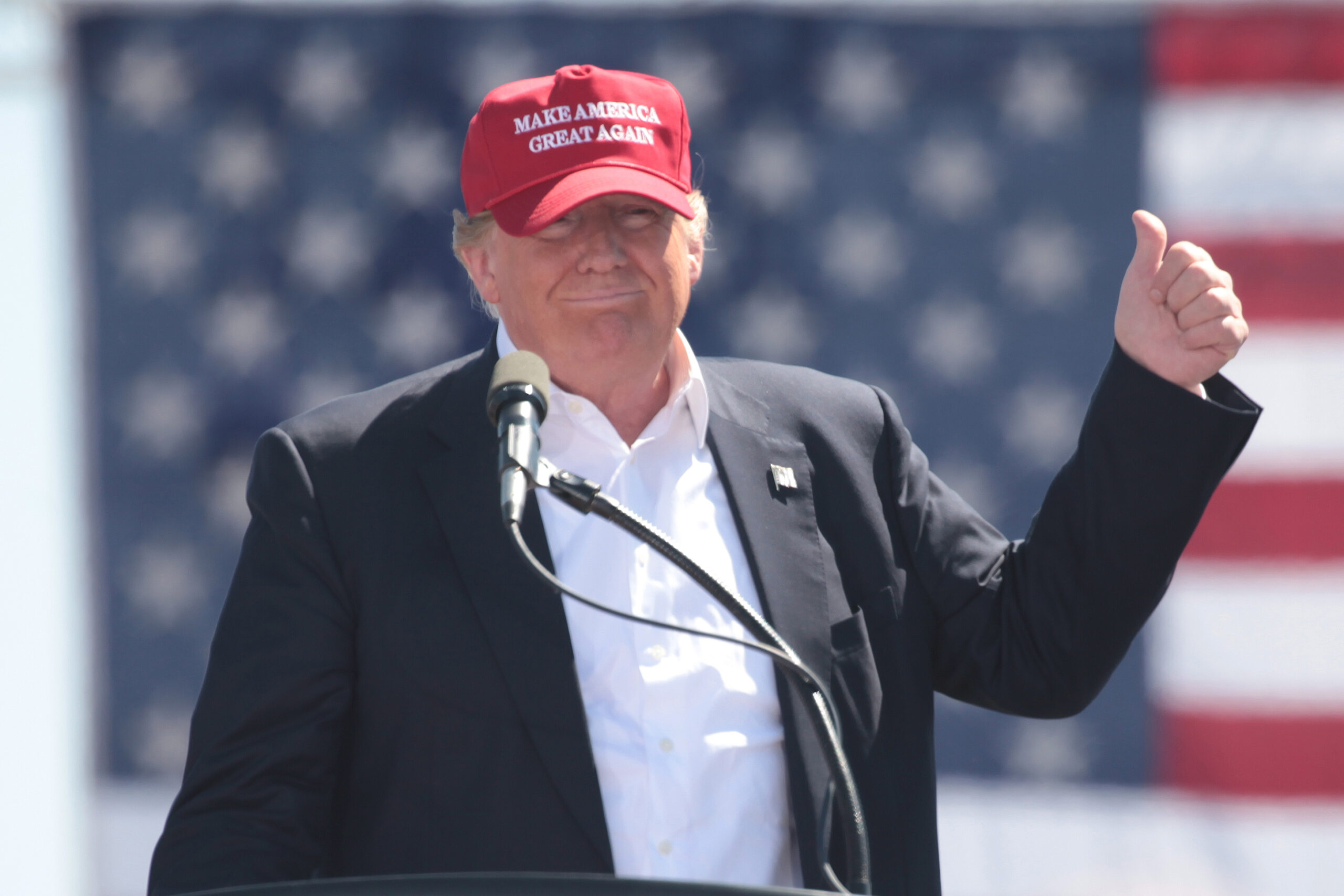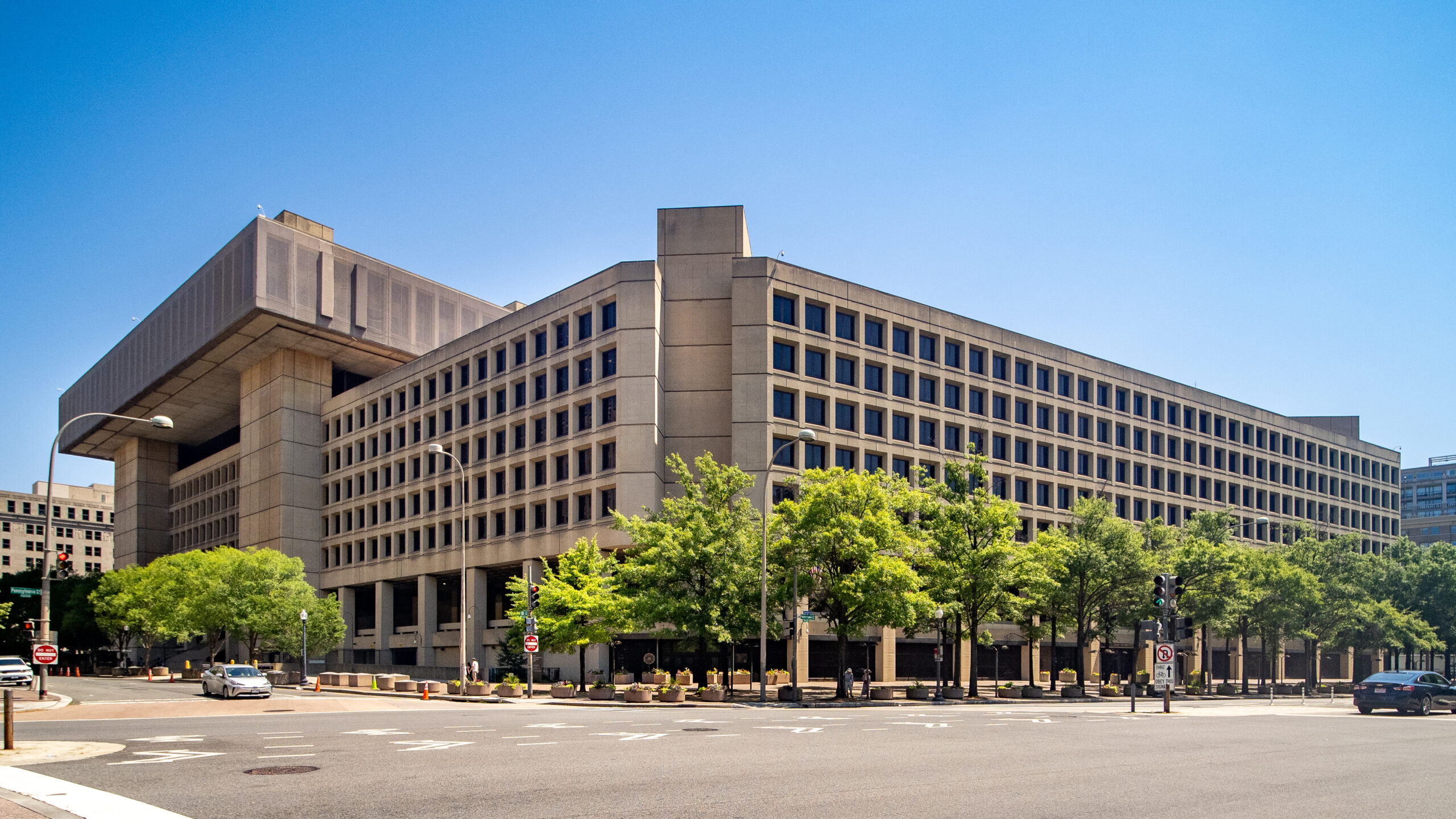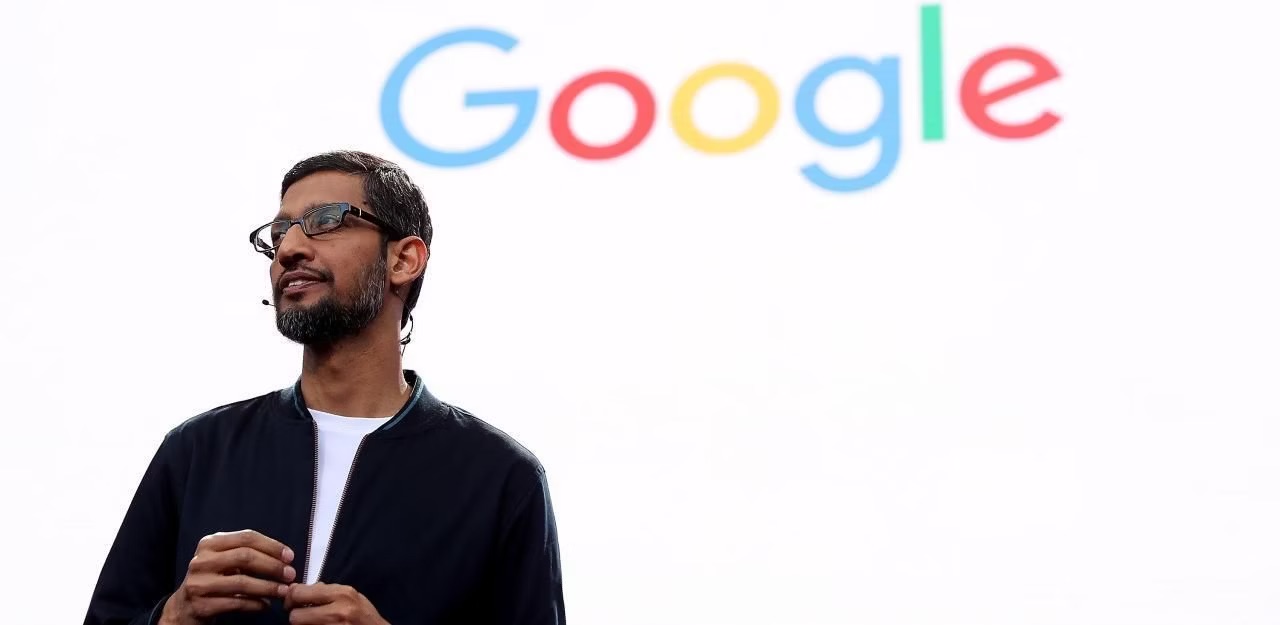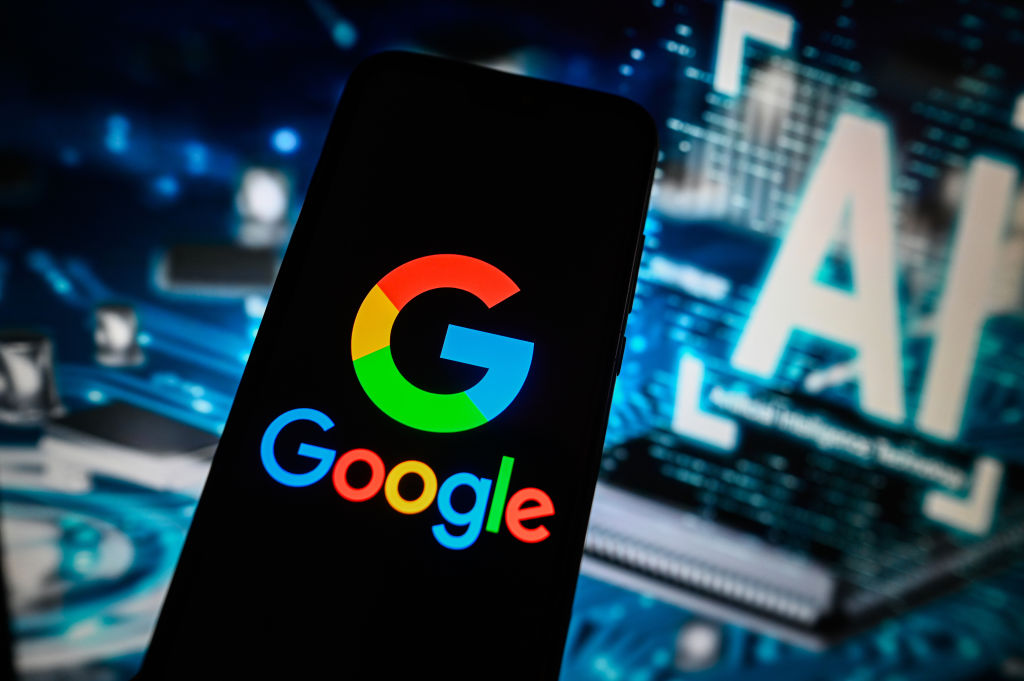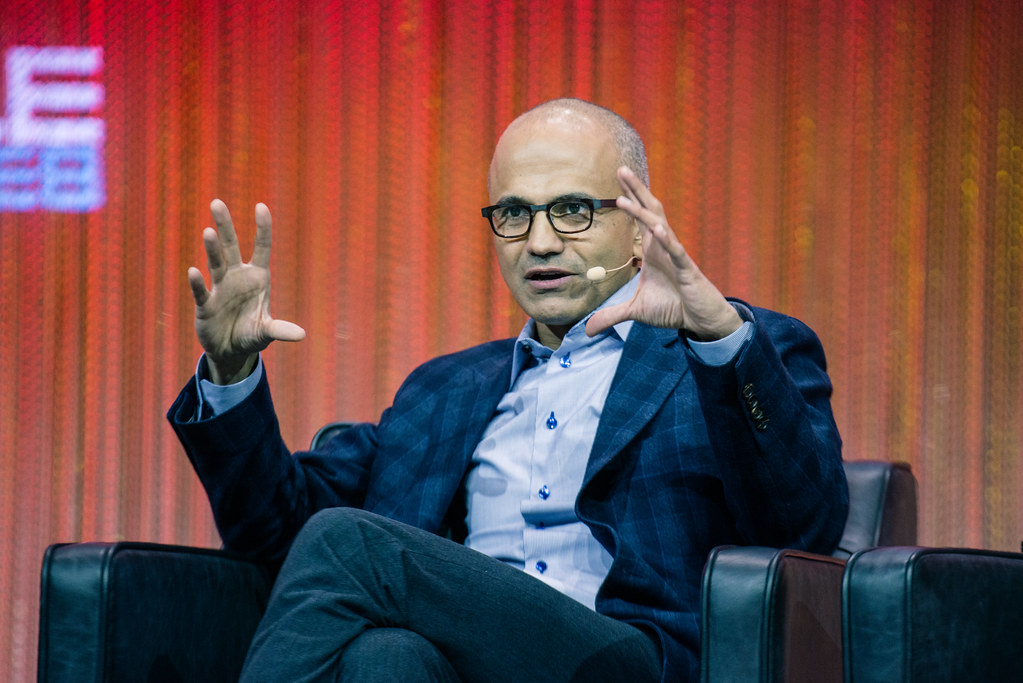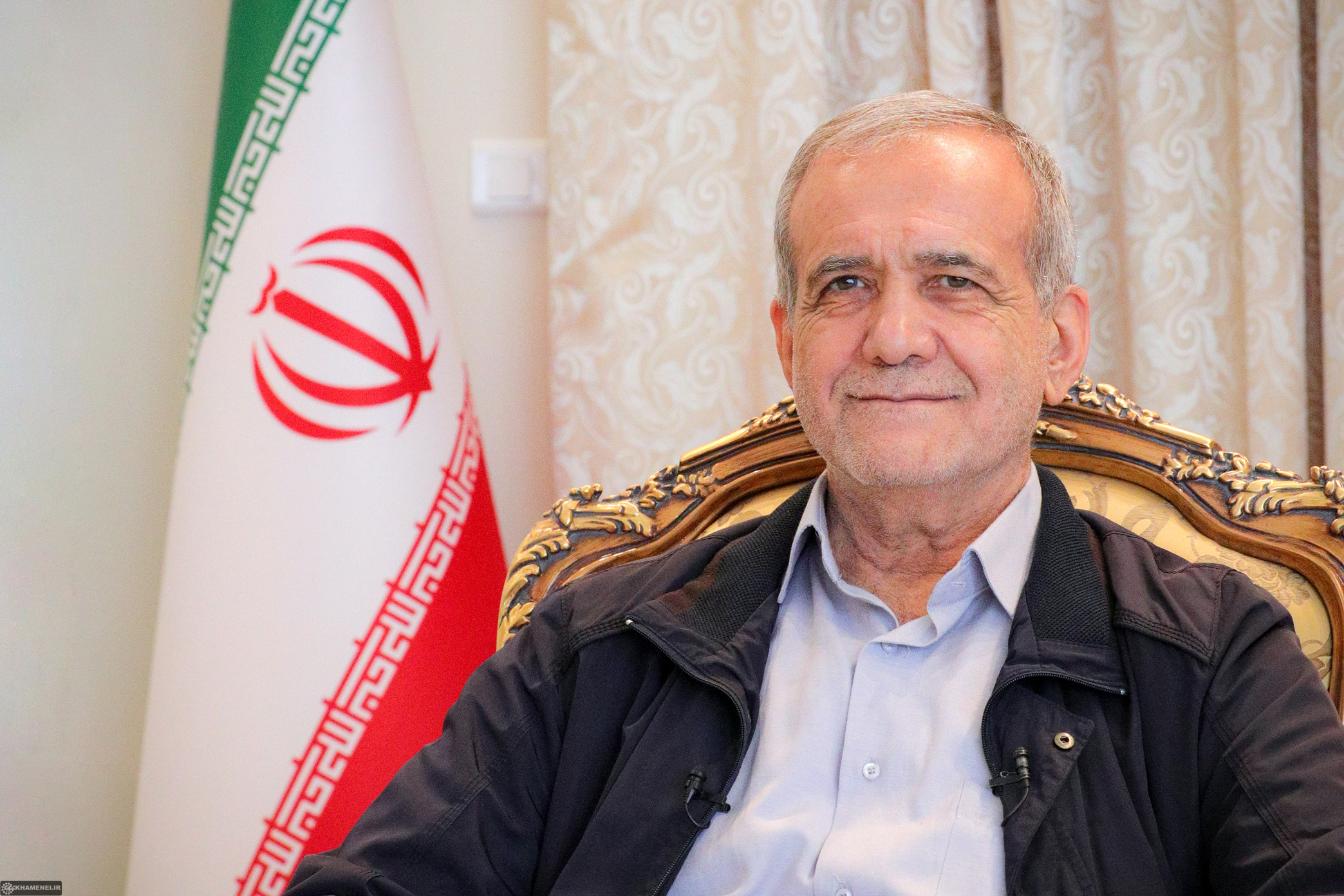The Department of Justice (DOJ) is pushing for Dmitry Shevelenko, the chief business officer of Perplexity, to testify in its antitrust case against Google, as revealed in recent court filings.
This case, which began after a U.S. court ruled in August that Google holds a monopoly in search, is now focused on deciding penalties. One possibility under consideration is separating Google’s Chrome browser from the company.
Perplexity, an AI-powered search engine valued at $9 billion, could play a key role in shaping these penalties. The DOJ wants Shevelenko to provide information about how generative AI connects to search platforms like Google Chrome, how search engines are distributed, what challenges new competitors face, and how data is shared in the industry. These insights could help the DOJ argue that Google’s dominance makes it harder for competitors to succeed and that stricter penalties are necessary.
Generative AI tools like Perplexity and OpenAI’s ChatGPT Search have emerged as challengers to traditional search methods, offering direct answers to complex queries. Google has responded with its own AI-driven search enhancements, such as AI Overviews, to maintain its competitive edge. The DOJ’s line of questioning could potentially highlight how Google’s practices limit the growth of these emerging technologies.
While Perplexity hasn’t publicly commented on the DOJ’s request, the company is already entangled in legal disputes with Google. In October, Google subpoenaed Perplexity for company documents to argue it faces viable competition in the search market. However, as of December 11, Google has claimed in a court filing that Perplexity has not provided any documents, citing “no conceivable justification for further delay.” Perplexity counters that it has agreed to fulfill most of Google’s document requests but is still assessing the burden of producing a potentially large volume of records.
The disputes also extend to licensing agreements. Perplexity says it has agreed to provide agreements “related to AI training” but opposes Google’s demand for all licensing agreements, calling for further discussions to narrow the scope.
Perplexity now finds itself caught between two sides: the DOJ, which wants information to support its argument that Google’s monopoly is harming competition, and Google, which wants evidence to prove the opposite. Shevelenko’s testimony and Perplexity’s documents could influence how the case unfolds and whether Google faces tougher penalties.


